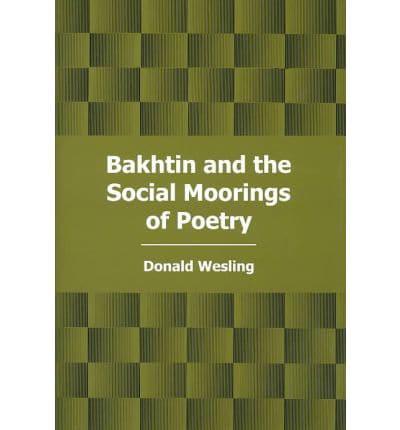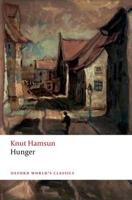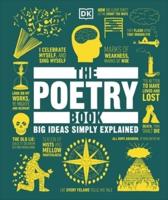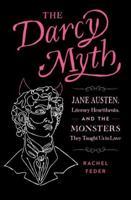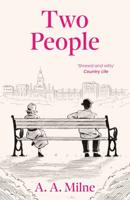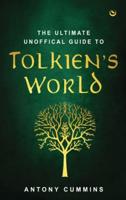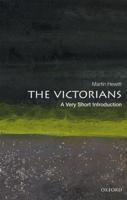Publisher's Synopsis
First and last, what moors poetry to society is speech: the speech that gets into writing. So why do most political readings of literature neglect this fundamental orientation? Mikhail Bakhtin never forgets the central role of utterance: his philosophy of literary dialogism is based on the idea of fighting out social issues on the ground of the spoken word. Accordingly, conflict-in-language is the theme of this book's introduction as if it is of the whole volume. In this book, Donald Wesling offers an organized reading of Bakhtin's thought, to achieve an account of why Bakhtin scamped poetry; and an account of how a poetics of utterance is a major achievemnt, if we employ in the dialogic reading of poetry many of the powerful terms Bakhtin developed for the novel. After an Introductory chapter that is polemical and pedagogical, this book contains chapters on the social poetics of dialect writing, on the clash of inner and outer speech, on the problem of rhythm, and on broader conflicts of types of discourse in English Romanticism and in the American 1990s. Examples come from England and Scotland, Russia, and the USA.;Traveling with and beyond Bakhtin, this book extends to Anglo-American instances of communication theory with Russian origins.
